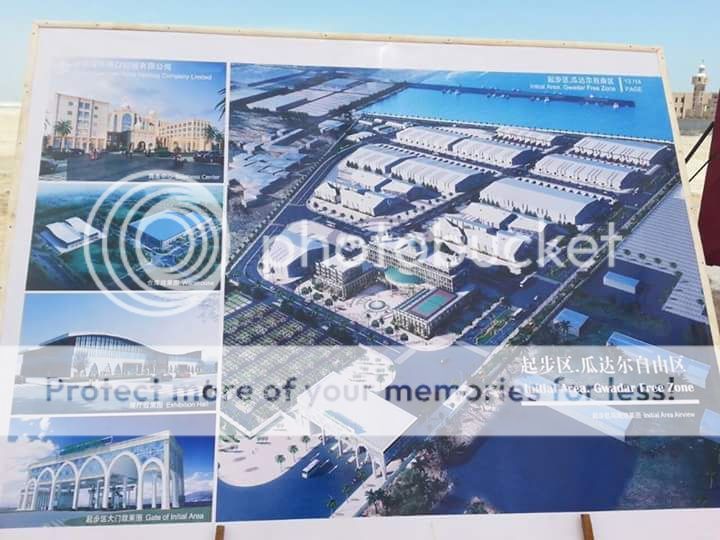First cargo from China to reach Gwadar this year: Gen Raheel
QUETTA: Army chief General Raheel Sharif said on Tuesday that the first cargo from China would reach Gwadar deep seaport this year.
“Insha Allah this year, we will move cargo from heartland China to Gwadar and beyond, fulfilling our dream,” he said while addressing a seminar on prospects of peace and development in Balochistan.
The seminar was organised by Turbat University, Devot Organisation and the commander Southern Command. Chief Minister Nawab Sanaullah Zehri, Commander Southern Command Lt Gen Aamir Riaz and a large number of people attended the seminar.
Gen Raheel said CPEC was a lifetime opportunity for Pakistan to improve the socio-economic equation of its underprivileged areas and populace. “I assure the people of Balochistan that it is they who will benefit the most from this project.”
Since the onset of CPEC, Balochistan has seen unprecedented development of communication infrastructure as army engineers were mobilised for construction while army and Frontier Corps units were used for security of the projects, he said.
“Over the past two years, 675kms of roads have already been constructed, while by the end of this year, a total of 870kms of road infrastructure will be completed by the Frontier Works Organisation (FWO).”
He said it was his belief that CPEC was poised to bring a true economic transformation to the province, and Gwadar was central to the broader conception of CPEC. ‘[However,] the corridor itself ranges from western China to the plains and coasts of Pakistan and promises to bring prosperity to the remotest areas of Pakistan from Gilgit-Baltistan to Balochistan,” he added.
Gen Raheel said that while many world powers had appreciated the true potential of CPEC as a catalyst of economic transformation of the entire region, the project had also raised many eyebrows ‘by those competing for influence in the region’.
In an apparent reference to the arrest of Indian spy Kulbhushan Yadav from Balochistan last month, the army chief said India had openly challenged this initiative and its spy agency, the Research and Analysis Wing (RAW), was blatantly involved in destabilising Pakistan.
“We all know that hostile intelligence agencies are averse to this grand project. Let me make it clear that we will not allow anyone to create impediments and turbulence in any part of Pakistan. Therefore, it is important for all to leave behind confrontation and focus on cooperation,” he said.
The army chief vowed to ensure security of CPEC, adding that a 15,000-strong dedicated force was already in place under the ambit of a special security division.




























































